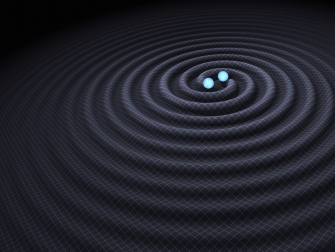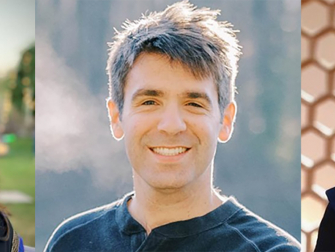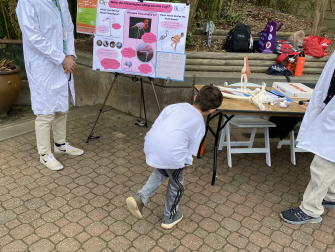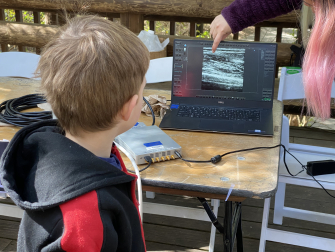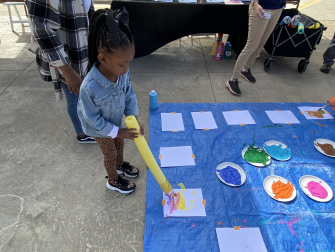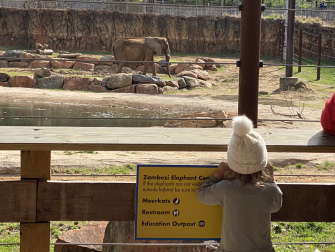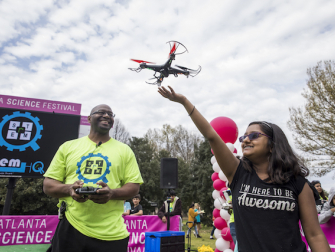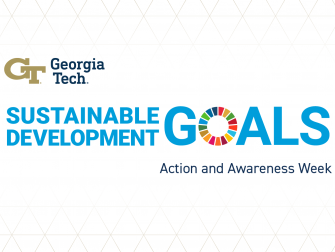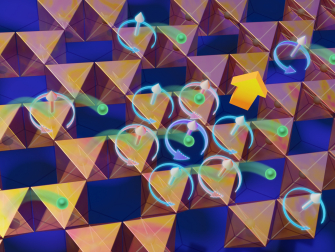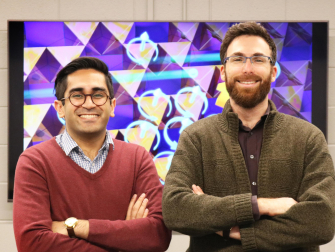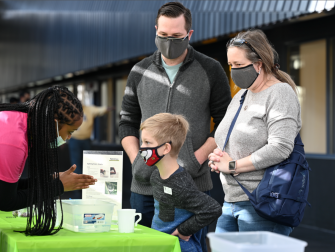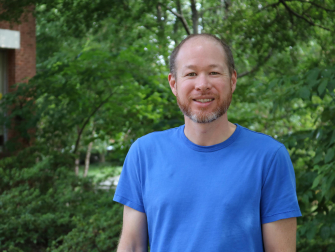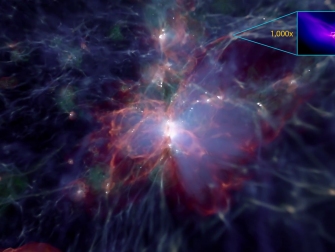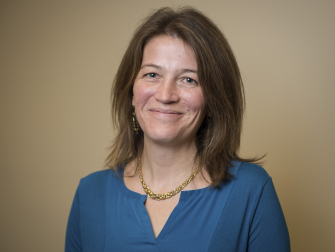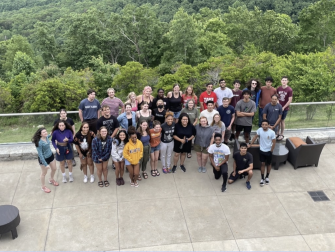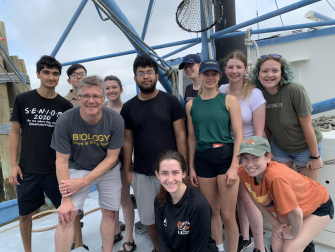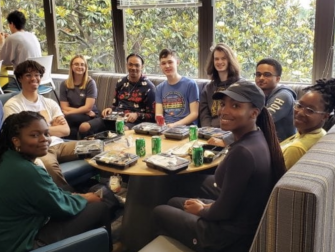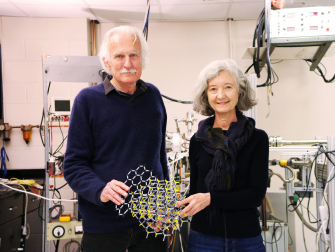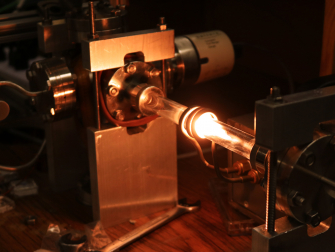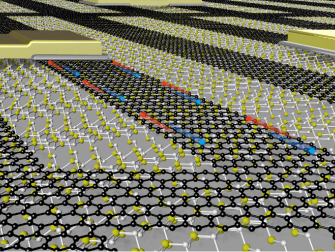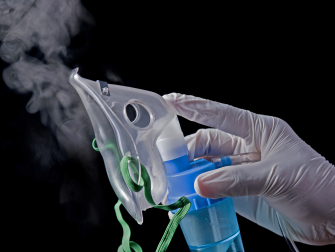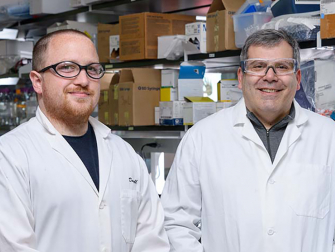The campus community is invited to participate in this kick-off event for Earth Month.
In collaboration with the Laser Interferometer Gravitational-Wave Observatory (LIGO), Surabhi Sachdev is co-leading the development of early-warning software to nab neutron-star mergers faster. "In the next run, we might be able to catch one of the neutron star mergers 10 seconds ahead of time," says Sachdev, an assistant professor in the School of Physics. "By the fifth run, we believe we can catch one with a full minute of warning."
On Saturday, March 11, scientists and engineers shared their biomechanics work with snakes, elephants, monkeys, flamingos, and other wildlife as part of the "Animals in Motion: Biomechanics Day at Zoo Atlanta" during the 2023 Atlanta Science Festival.
Georgia Tech Students, Faculty, and Staff Bring STEAM to Atlanta During the Atlanta Science Festival
For STEAM enthusiasts across Atlanta, the month of March is a highlight of the year for one big reason: the Atlanta Science Festival. We spoke with some of the event organizers and presenters to get a sneak peek at what this year's festival will have to offer.
The campus community is invited to participate in a variety of events that increase awareness of and encourage actions that advance the 17 United Nations Sustainable Development Goals.
A group of physicists, including two Georgia Tech researchers, have discovered a new quantum state in trimer-honeycomb material. The transformation allows for a billion percent increase in the material’s conductivity and could lead to a new paradigm for quantum devices. The discovery builds on a previous study that first investigated the material, also known as Mn3Si2Te6, for its unusual and unique qualities.
On Saturday, March 11, Georgia Tech will open its doors to the community for Science and Engineering Day at Georgia Tech.
The portal provides information on how to apply for law school.
The College of Sciences is pleased to announce the appointment of John Wise as the new director of the Center for Relativistic Astrophysics (CRA) at Georgia Tech. Wise is a professor in the School of Physics and an award-winning creator of supercomputer-driven visualizations that depict the beginnings of galaxies.
Georgia Tech’s College of Sciences Research Experiences for Undergraduates (REU) program funded by the National Science Foundation (NSF) offers summer programs for 2023.
Regents’ Professor Walter de Heer has taken a critical step in the case for a successor to silicon, working with collaborators to develop a new nanoelectronics platform based on graphene — a single sheet of carbon atoms. The technology is compatible with conventional microelectronics manufacturing, and the new research, published in Nature Communications, shows the team may have also discovered a new quasiparticle.
Messenger RNA, or mRNA, has been used to immunize millions of people in just the past few years. Among the most likely targets for future mRNA therapies are the lungs, given the large number of pulmonary diseases, such as the coronavirus, influenza, asthma, cystic fibrosis, and others. Now, a team of multi-disciplinary investigators from five universities, led by Georgia Tech faculty researchers, has provided a potential path toward that future.
- ‹ previous
- 12 of 24
- next ›


